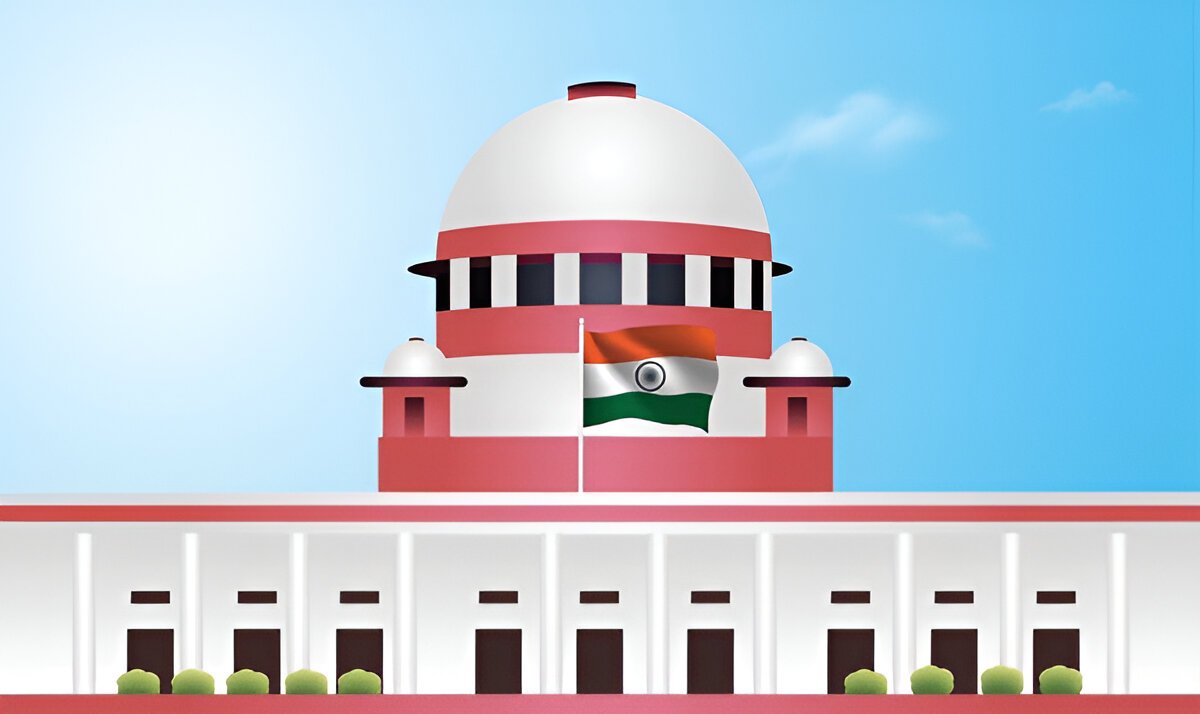A Bench of Justices BR Gavai and AG Masih
Introduction
The case was a public interest litigation (PIL) filed before the Supreme Court of India, seeking a statutory prohibition on social media usage by children below 13 years of age. The petition was based on concerns regarding the severe mental, psychological, and physical impact of social media on young users. The petitioner also sought mandatory parental controls for children aged 13-18 and stricter age verification mechanisms. However, the Supreme Court refused to entertain the plea and directed the petitioner to approach the Union Government for policy-related considerations.
Facts of the Case
- The petitioner, represented by Advocate-on-Record Mohini Priya, argued that social media exposure among minors, particularly those under 13, is causing an alarming rise in mental health issues such as depression, anxiety, and addiction.
- The plea highlighted that unrestricted social media access violates Article 21 of the Constitution by endangering the mental well-being of children.
- The petitioner relied on various studies showing that children in India, especially between the ages of 9-17, spend excessive hours on social media, leading to academic decline, cognitive impairment, and cyberbullying.
- The plea sought a legal framework mandating:
- A complete ban on social media access for children under 13.
- Parental control mechanisms for children aged 13-18.
- Robust age verification systems like biometric authentication.
- Penalties for non-compliance by social media platforms.
- The Supreme Court refused to entertain the PIL, stating that the matter falls within the policy domain, and directed the petitioner to approach the Union Government.
Issues Raised
- Whether the unrestricted access of children below 13 years to social media violates their fundamental right to life under Article 21.
- Whether a statutory prohibition on social media usage for children under 13 is necessary to safeguard their mental and physical well-being.
- Whether existing age verification mechanisms on social media platforms are inadequate to prevent minors from accessing these platforms.
- Whether the government should mandate stricter parental control provisions for children aged 13-18.
- Whether social media platforms should be held accountable for failing to regulate children's access and be penalized for non-compliance.
Contentions of the Petitioner
The unrestricted digital exposure of minors is leading to mental health crises, constituting a violation of the right to life, which includes mental well-being. Children under 13 lack the emotional and cognitive maturity to handle the negative aspects of social media, such as cyberbullying, misinformation, and addiction. Several countries, including Australia, the UK, and US states, have implemented regulations restricting minors' access to social media. India should adopt similar measures. Current self-declared age verification mechanisms on platforms like Facebook and Instagram are ineffective, allowing minors to bypass restrictions. Excessive social media use leads to sleep deprivation, declining academic performance, and increased mental health disorders among children.
Contentions of the Respondents
Since the Supreme Court disposed of the matter without issuing notice, the Union Government did not file a formal response. However, possible counterarguments could include:
The regulation of social media falls within the policy domain, and courts should not interfere in executive decisions. Parents should be responsible for monitoring their children's internet usage rather than imposing a complete ban. Implementing biometric authentication or stricter verification mechanisms may raise privacy concerns and practical difficulties. A blanket ban on social media for children under 13 may conflict with digital access rights and the need for balanced regulation. The government is already working on Digital Personal Data Protection Rules, which propose parental consent mechanisms.
Court’s Analysis
The Supreme Court acknowledged the concerns raised in the petition but held that the issue falls within the domain of policymaking, which is the prerogative of the executive. The bench of Justices BR Gavai and AG Masih disposed of the petition, granting the petitioner the liberty to approach the Union Government and make representations. The court refrained from making any observations on the merits of the petition, indicating that policy measures on digital safety for minors should be handled by legislative and regulatory authorities.
Conclusion
The Supreme Court declined to entertain the PIL, directing the petitioner to approach the Union Government instead. The case highlights the growing concerns over children's exposure to social media and the potential need for regulatory intervention. However, the court maintained that such issues should be addressed through legislative and executive action rather than judicial intervention.

